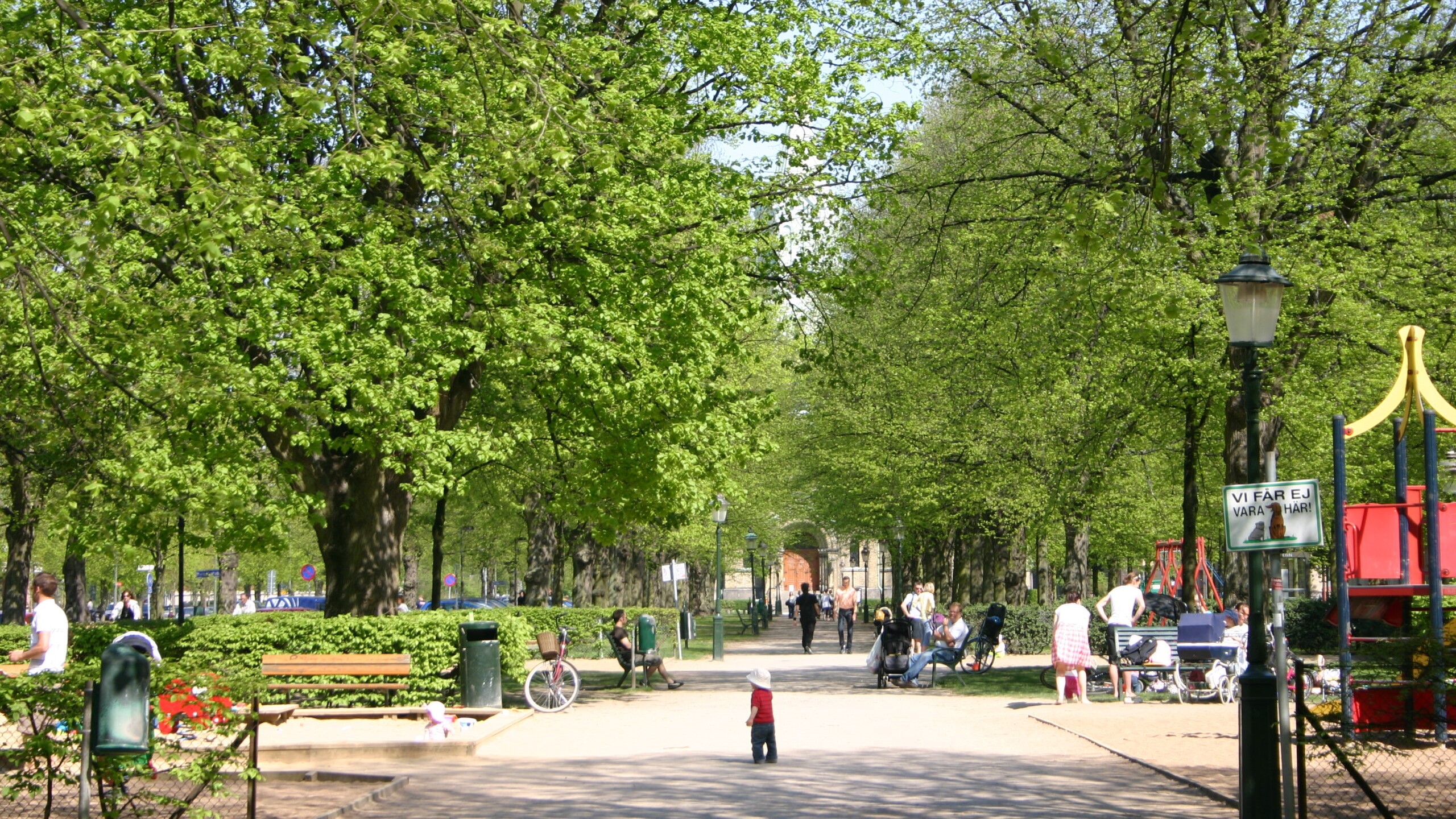
From the economic perspective to the environmental one, how can entrepreneurship boost innovation?
Jean-Baptiste Say was the French economist and businessman who developed the term “entrepreneur”, more than 200 years ago. His definition looks at entrepreneurship as being purely value-driven (Say, 1971 (revisited)). Later, Joseph Schumpeter, an important Austrian political economist, expanded on Say by looking at more than just the value; he looked at innovation, which resulted in the belief that innovation was a “specific tool” of entrepreneurship (Drucker, 1985; Schumpeter, 1942). So from an early stage, innovation and entrepreneurship were considered “interlinked” and entrepreneurs considered fundamental to the innovation process.
Different types of entrepreneurship
The social, economic, and even environmental context and the associated interests of the entrepreneur also define and further frame entrepreneurship. Indeed, in the evolution of the term, entrepreneurship and entrepreneur are often compounded to the context. The context helps to understand how and why some entrepreneurs recognise opportunities and others do not and why the outcomes of entrepreneurial activities vary across different contexts (Baker et al., 2005). For example, social entrepreneurship is defined as aiming to provide innovative solutions to unsolved social problems, putting social value creation at the heart of their mission in order to improve individuals’ and communities’ lives and increase their well-being (OECD, 2010). Environmental “eco” entrepreneurship is defined as an innovative, market-oriented and personality-driven form of value creation through sustainable environmental innovations in products and services exceeding the start-up phase of a company (Schaltegger, 2002). “Green Care entrepreneurship” is defined as processes and outcomes of innovative value creation that harness health and well-being benefits of nature, and result in transformed human-nature attitudes, interactions, and relationships (Mammadova et al., 2021).

Urban forestry entrepreneurship
Given that urban forestry (UF) entrepreneurship is an emerging concept in the literature, by analysing and extracting what is relevant to the other definitions of entrepreneurship as a starting point for UF, we see that innovation and value creation in a given context emerge. Urban forestry innovation is defined as an “original set of management concepts and practices that sustainably support, maintain or promote trees and forest resources in and around urban community ecosystems, thus helping to solve prevailing challenges and to achieve objectives related to the presence and role of forests, trees, and associated vegetation in the urban environment” (Pino et al, 2022).
Building on this, if UF innovation is to be the “specific tool”, then UF entrepreneurship should focus on those management concepts and practices such as establishment, planning, afforestation, reforestation and/or restoration of urban forests, or the increase of existing areas and their functionality (in terms of the amount of desired ecosystem services provided). Given the importance of people to the contexts, social (individual and community) interactions of urbanites and their connections to urban forests are critical to the concepts and practices. To ensure effective and successful UF innovation over time, including key stakeholders in the processes of planning and design of UF innovations should also be considered. Thus, entrepreneurship in UF should engrain inclusivity, participation, and engagement. By determining the benefits provided by the urban forests in the innovations and the value generated from their range of ecosystem services, UF entrepreneurs can create and promote new value for the urban forests. In order to guarantee continuous provision of these services and their benefits, UF entrepreneurship should also promote social, economic, and environmental sustainability in the different stages of an UF innovation. Finally, combining these important concepts and practices, UF entrepreneurship and the UF entrepreneur in innovating should be solving one or more of the prevailing challenges of successful urban forestry, including i) growing conditions, ii) funding and economic development, iii) disservices, iv) governance, v) social equity, vi) training gaps and, vii) knowledge gaps and use of technology (Pino et al, 2022).
Therefore, we define UF entrepreneurship as creating shared and sustainable environmental, social, and economic value, and physiological, sociological, economic, and aesthetic benefits, from the design, development, and management of urban forests for urban community ecosystems. UF entrepreneurs then are the agents that lead the design, development, and stewardship of sustainable urban forests.
Finally, in designing the world’s first training programme for urban forestry entrepreneurship and innovation, the Uforest partnership took all these aspects into consideration. For this reason, the Uforest Innovation Programme combines building capacity and applying knowledge and practice of the aforementioned concepts, practices and solving the prevailing challenges. In this sense, Uforest has set the groundwork for novel and multidisciplinary approaches to urban forestry implementation.
Author:
Colm O’Driscoll (Etifor)